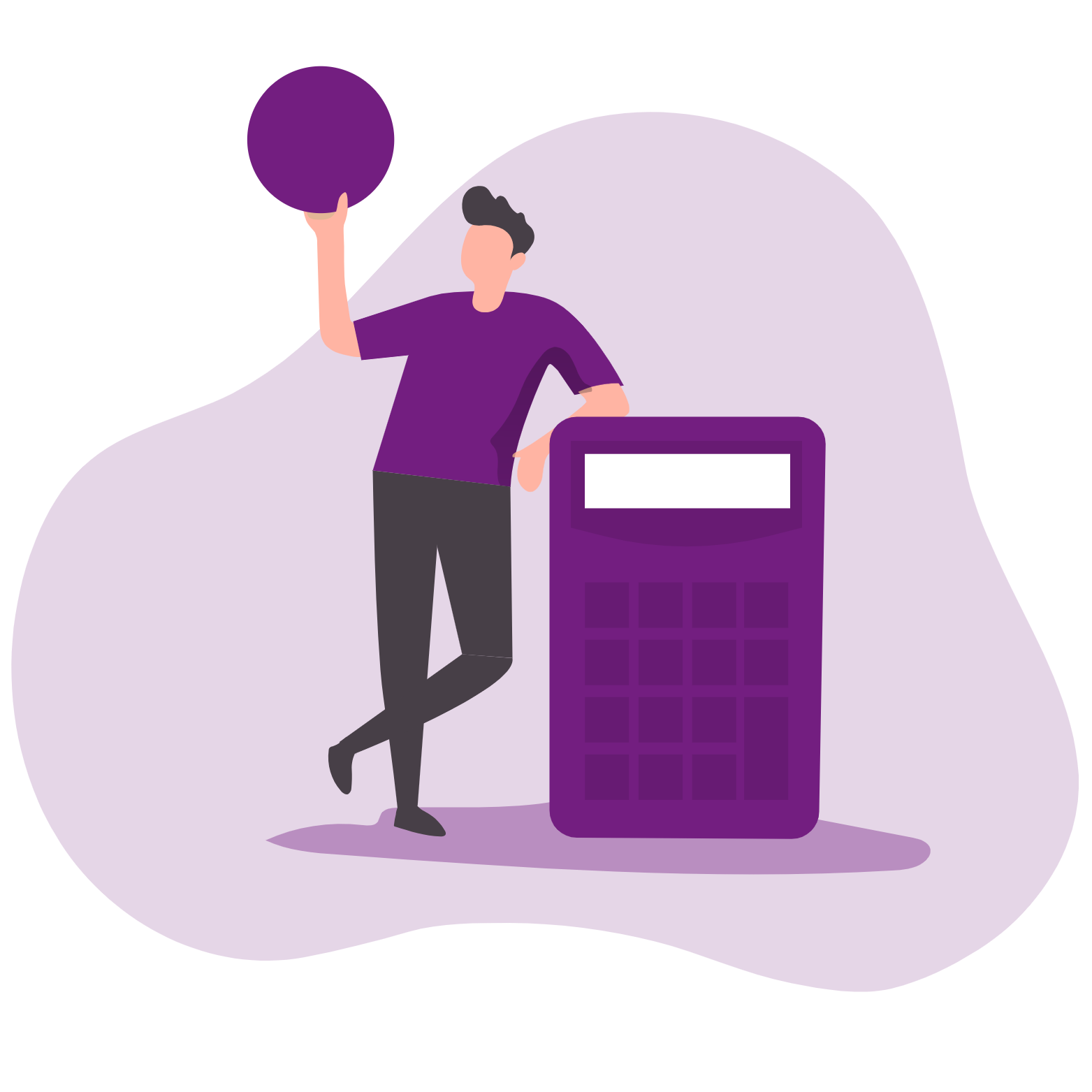For a travel agency, efficient operations management is essential to success. That's where a travel ERP (Enterprise Resource Planning) comes in. This powerful tool can revolutionize the way you manage your travel agency, streamlining processes, boosting productivity and improving profitability.
1. What is travel ERP🤔
A travel ERP is software specifically designed to meet the unique needs of a travel agency. It integrates all essential business functions, such as itinerary creation, reservation management, invoicing, supplier management, accounting and much more, into a single centralized system.
Integrated management software dedicated to tourism offers an intuitive user interface, making it easy to access the information you need to make informed decisions. It can handle large volumes of data and transactions, making it ideal for any travel agency.
In addition to simplifying management processes, an ERP can help reduce operational costs. By automating manual processes and reducing errors, it saves agencies time and money. What's more, it can help improve collaboration between different departments within your agency, which can lead to greater efficiency and productivity.
Finally, an ERP is flexible and scalable. It can be customized to meet the specific needs of a travel agency, and can be easily updated or modified to adapt to changing business requirements.
2. The advantages of a travel ERP 🏫
There are five key benefits to adopting a travel ERP system that can transform the way a travel business is run:
I. Save time and increase efficiency
With a travel ERP, you can automate many repetitive and time-consuming tasks, such as data entry, quote generation and invoicing. This saves you valuable time, allowing you to concentrate on higher value-added activities, such as acquiring new customers and improving the stay experience.
An ERP also offers real-time visibility of your company's operations. For example, it can provide instant information on bookings, cancellations, changes related to each stay, and associated revenues. This can help you make more informed decisions and react quickly to market changes.
Travel ERP also needs to integrate different systems and processes in one place. This can include itinerary creation, supplier management, accounting, marketing and more. This can improve efficiency and productivity by reducing the need to switch between different systems and eliminating duplication of work.
To find out more about marketing a travel agency, read this article.
II. Data centralization
An ERP centralizes all your travel agency data in a single system, making it easy to access the information you need, when you need it. No more juggling different software programs or searching for information in disparate files. Everything is at your fingertips, improving collaboration between your team members and reducing errors.
Customer Relationship Management (CRM) is a perfect illustration of this: a good ERP will be able to list every traveler and their associated information at the click of a button, enabling you to offer the perfect stay in their eyes, thus helping to strengthen loyalty to your travel agency. For more information on travel CRM, click here.
Another significant benefit of data centralization is improved security. With all information stored in a single system, it's easier to monitor and control access to sensitive data. This considerably reduces the risk of information leaks.
III. Personalizing your trips
With ERP, you can easily create tailor-made trips for your customers. You can combine different products and services, adjust prices and margins, and generate quotes and a customized itinerary in just a few clicks. This flexibility allows you to respond to the unique needs of each customer and stand out from the competition.
Personalizing an itinerary, and more generally a stay, means taking into account the individual preferences of each customer. ERP makes it possible to do this efficiently. Whether you're aiming for adventure tourism, relaxation, culture, or a combination of these, a good ERP will enable you to build a tailor-made itinerary, and offers the possibility of including guided tours, excursions, leisure activities, dining and accommodation options, and much more. Depending on your preferences, these elements can be adjusted to create the perfect holiday!
This type of ERP also offers the possibility of managing the various suppliers and tourism partners involved in the trip. This includes airlines, hotels, tour guides, car rental agencies and so on. It facilitates coordination between these different players, guaranteeing a seamless experience for you.
It's even possible to adjust prices according to market fluctuations, seasons, special offers and promotions, making it possible to offer competitive travel while maximizing margins.

IV. Simplified supplier management
ERP offers a unified solution for supplier management. Whether it's an airline, accommodation company, transport company or other tourism-affiliated service provider, all information is stored in one place. This means that contract details, rates, payment terms and other key information are easily accessible.
Using ERP to manage supplier relationships can also help negotiate better terms and conditions. Having a clear overview of all transactions with a supplier makes it easier to discuss rates and conditions. What's more, by avoiding costly errors such as double-booking or late payments, the company can make significant savings.
Finally, a travel ERP can help improve communication with suppliers. By centralizing all information, it's easier to share updates and resolve problems quickly. This can lead to stronger, more effective relationships with suppliers, which is beneficial for all parties involved.

V. Reporting and data analysis
With a travel ERP, you have access to detailed reports and real-time data analysis. You can monitor your travel agency's performance, identify trends in your agency and even in the world of tourism, and make informed decisions to optimize your business. This valuable information helps you stay competitive and achieve your growth objectives.
What's more, ERPs often offer automation features that can simplify many data management tasks. For example, automation can help collect and organize data, generate reports and send real-time notifications. This can help you save time and increase your travel agency's efficiency.
Ezus, for example, is integrated with Zapier, enabling you to automate many interactions: visit the Zapier website to find out more.
3. The best travel ERPs on the market
There are several travel ERPs on the market, each with its own features and benefits. Here is our selection:
- Ezus: Ezus is a complete and intuitive travel ERP, offering a full range of features to simplify the management of your agency. It makes it easy to create customized holidays, generate quotes and personalized documents, and efficiently manage suppliers.
- Gestour: Gestour is a powerful travel ERP, focused on automating processes and optimizing operations. It offers advanced booking, billing and accounting management functionalities.
- TravelWorks: TravelWorks is a flexible, scalable travel ERP that adapts to the needs of agencies of all sizes. It offers a user-friendly interface, advanced customization features and seamless integration with other systems.
Conclusion
A travel ERP is an indispensable tool for any travel agency wishing to simplify operations, improve efficiency and offer exceptional customer service. By choosing the right ERP for your business, you can unleash your agency's full potential and stand out in an increasingly competitive market.
Don't wait any longer to take the plunge and adopt an ERP system. Your agency, your customers and your bottom line will thank you. Start exploring your options today and find the ERP that best suits your needs and objectives.
Ezus isn't part of your daily routine yet?
Dive into the future of travel management with our software solution, dramatically reducing your document creation times and simplifying the centralization of your personalized documents. Find out how during a demonstration.
―――――――――――――――――――――――――――――――――――――――――――――――――――――――――――――――――――
FAQ : Travel ERP
How do I choose the best ERP for my agency?
It's important to assess your company's specific needs, particularly in terms of functionality, budget, ease of use and customization. Demonstrations can help, as can reading user reviews.
How difficult is it to implement an ERP system?
Implementing an ERP system dedicated to the travel industry can seem daunting, but with the right support, it goes smoothly. With the right guidance, including online chat support, dedicated training sessions and efficient data import tools, ERP implementation goes smoothly and without disrupting your day-to-day operations.
What is the average cost of an ERP system?
The cost varies according to many factors, including company size, number of users, required functionality and level of customization. Some providers offer a pricing model based on an annual subscription, while others may offer perpetual licenses. For example, you can view Ezus pricing by clicking here.
Are ERP systems secure?
Security is a major concern for ERP suppliers, who typically incorporate advanced security measures to protect data against unauthorized access and cyberattacks. However, it's important to discuss the specifics of security with the supplier.
Can I access my ERP remotely?
Yes, most modern ERPs are cloud-based, allowing secure remote access to your system from any Internet-connected device


Join Ezus today
Request a demo today and discover how our software can help you reach new heights.








.svg)


.avif)

.jpg)
.svg)



